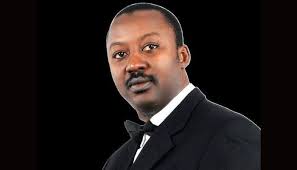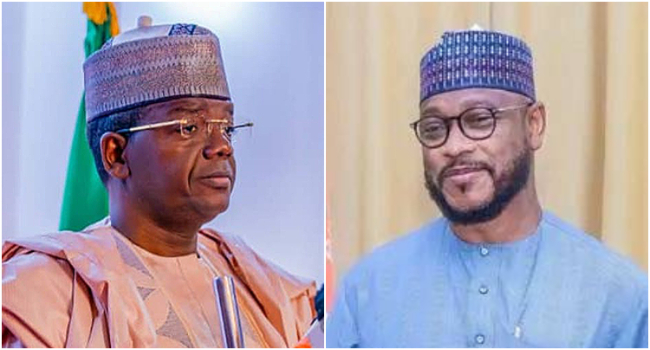Peter Obi, the 2023 Labour Party presidential candidate, has faulted several policies of President Bola Tinubu’s administration, describing them as poorly implemented despite their necessity.
Im an interview , Obi said he would have removed the fuel subsidy too but in a more strategic and transparent way. “I’ve always supported removing the fuel subsidy. It’s in my manifesto. But I would’ve done it in an organised manner,” he said.
Obi argued that the fuel subsidy system was corrupt but stressed that savings from its removal should have gone into essential sectors like education, healthcare, and poverty reduction. He criticized the current administration for failing to show where the savings are being invested. “You claim we’re saving billions where is the money? Where is it going?” he asked.
He explained that a better approach would involve first fighting corruption, setting clear fuel pricing mechanisms, and transparently allocating the savings to impactful projects.
Obi also reacted to the decision to float the naira, saying he would have delayed such a move until Nigeria became more productive. “There’s nothing wrong with floating a currency, but you only do that when your economy is ready. Right now, we’re not producing enough to attract investments,” he said.
Instead, Obi said he would have focused on boosting agricultural and industrial output before allowing the naira to float.
He also criticized the Tinubu administration’s focus on large-scale infrastructure like the Lagos-Calabar Coastal Highway, arguing that national security should come first.
“Is a coastal highway more important than securing lives and property?” he asked. “If elected, I would do everything necessary to secure Nigeria.”
Obi Defends His Experience and Track Record
Obi insisted that no other presidential hopeful has a background as diverse or proven as his.
“I built a business from scratch, ran corporations, governed a state, and even transformed a small bank into a ₦25 billion institution,” he said.
He emphasized his financial discipline during his tenure as Anambra State governor, claiming he left office with no debts and significant savings.
“Till today, I’ve never collected a pension or gratuity—not even a bottle of water from the state,” he added.
He also dared anyone to prove he received land or benefits from the government after leaving office.
Obi’s Broader Critique of Tinubu’s Economic Strategy
Obi has repeatedly criticized Tinubu’s economic policies. In interviews and public addresses, he has blamed the administration for rising inflation, worsening poverty, and economic contraction.
He pointed to Nigeria’s declining GDP—from over \$500 billion in 2014 to about \$200 billion in 2024—and the drop in per capita income from over \$3,000 to under \$1,000.
According to Obi, over 100 million Nigerians live in poverty, with more than 150 million facing multidimensional poverty. He blamed the way fuel subsidy removal and currency unification were handled, saying they lacked transparency and failed to cushion vulnerable citizens.
He supported exchange rate unification but said the policy needed to be phased and backed by stronger domestic production and social protection.
“Manufacturers can’t access credit, and businesses are struggling. How do you grow an economy like that?” he asked.
In March 2025, Obi compared Nigeria’s economy to Indonesia’s, saying while Indonesia grew steadily, Nigeria’s economy shrank due to poor leadership choices.
Obi’s Role in Opposition Politics
Obi, who placed third in the 2023 election, remains active in national discourse. He continues to promote policies centered on education, healthcare, and job creation. Alongside Atiku Abubakar—his former running mate in 2019—Obi is seen as a key opposition figure who could challenge Tinubu in 2027 if the two unite.
Presidency Hits Back
In response, the presidency criticized Obi’s remarks. Daniel Bwala, Special Adviser to President Tinubu on Policy Communication, accused Obi of lacking depth in economics and governance.
Bwala, in a post on his verified X (formerly Twitter) account, said Obi contradicted himself by supporting major reforms while criticizing their execution.
“He says he agrees with subsidy removal and forex unification but offers no clear plan. That’s political wordplay, not leadership,” Bwala wrote.
He also mocked the interview format, implying Obi received favorable treatment from a supportive media environment.
“These guys just want power, but they offer no real alternatives,” Bwala said. “Obi shows shallow understanding of the economy.”
Tensions continue to rise between Tinubu’s camp and the opposition as both sides sharpen their messages ahead of the 2027 elections.




